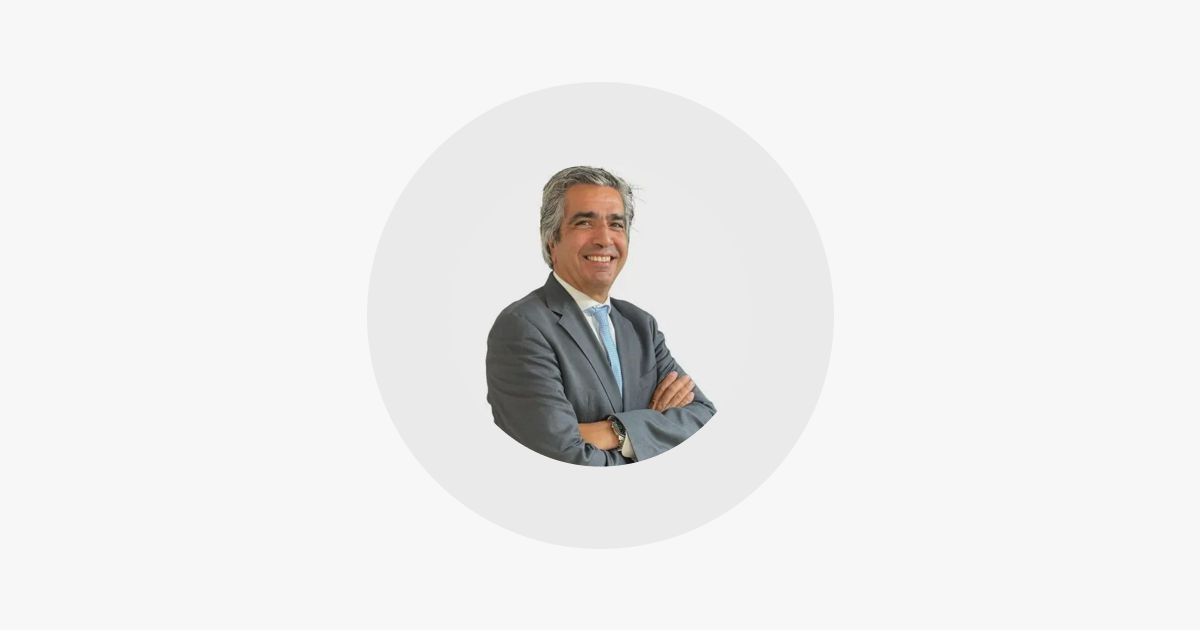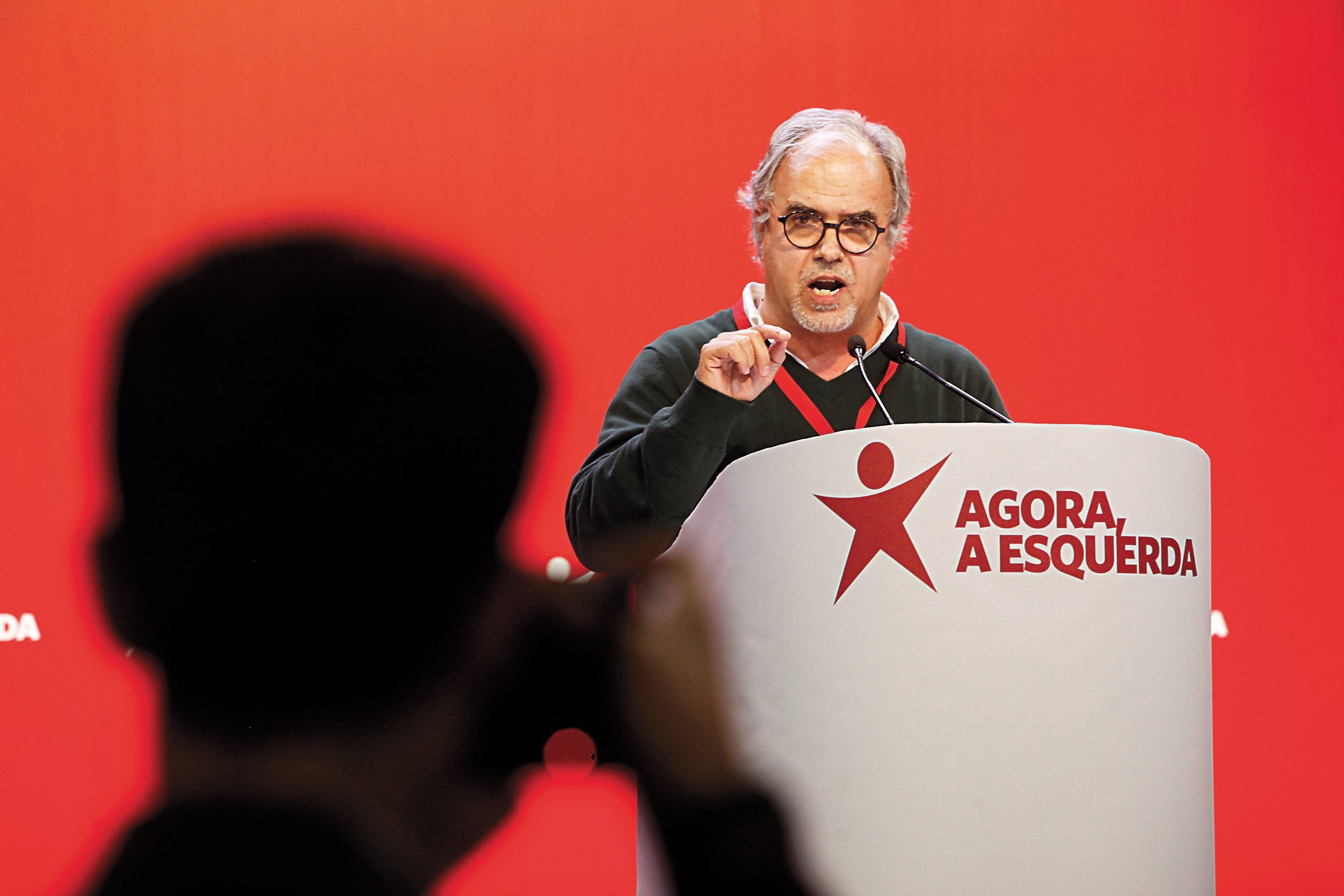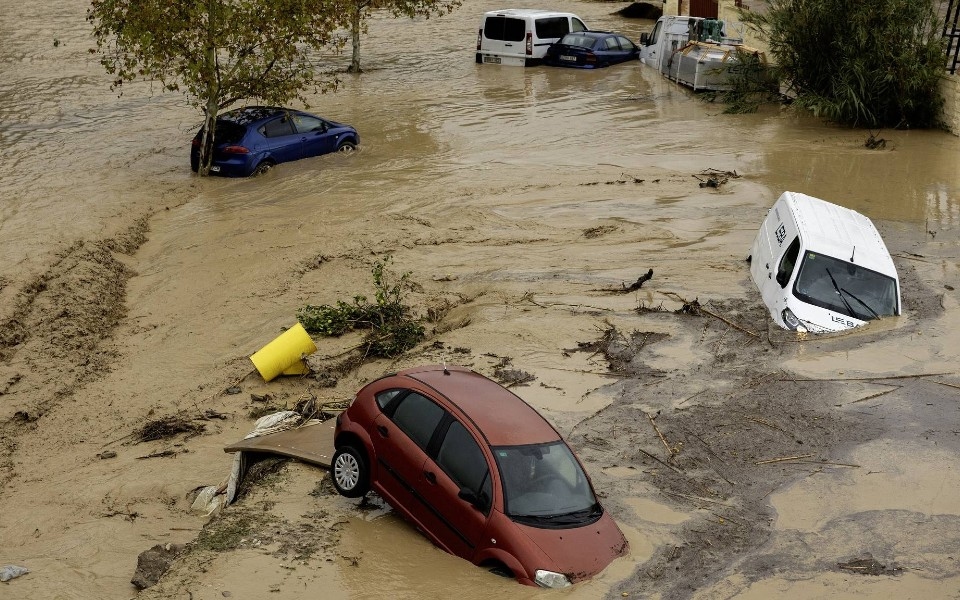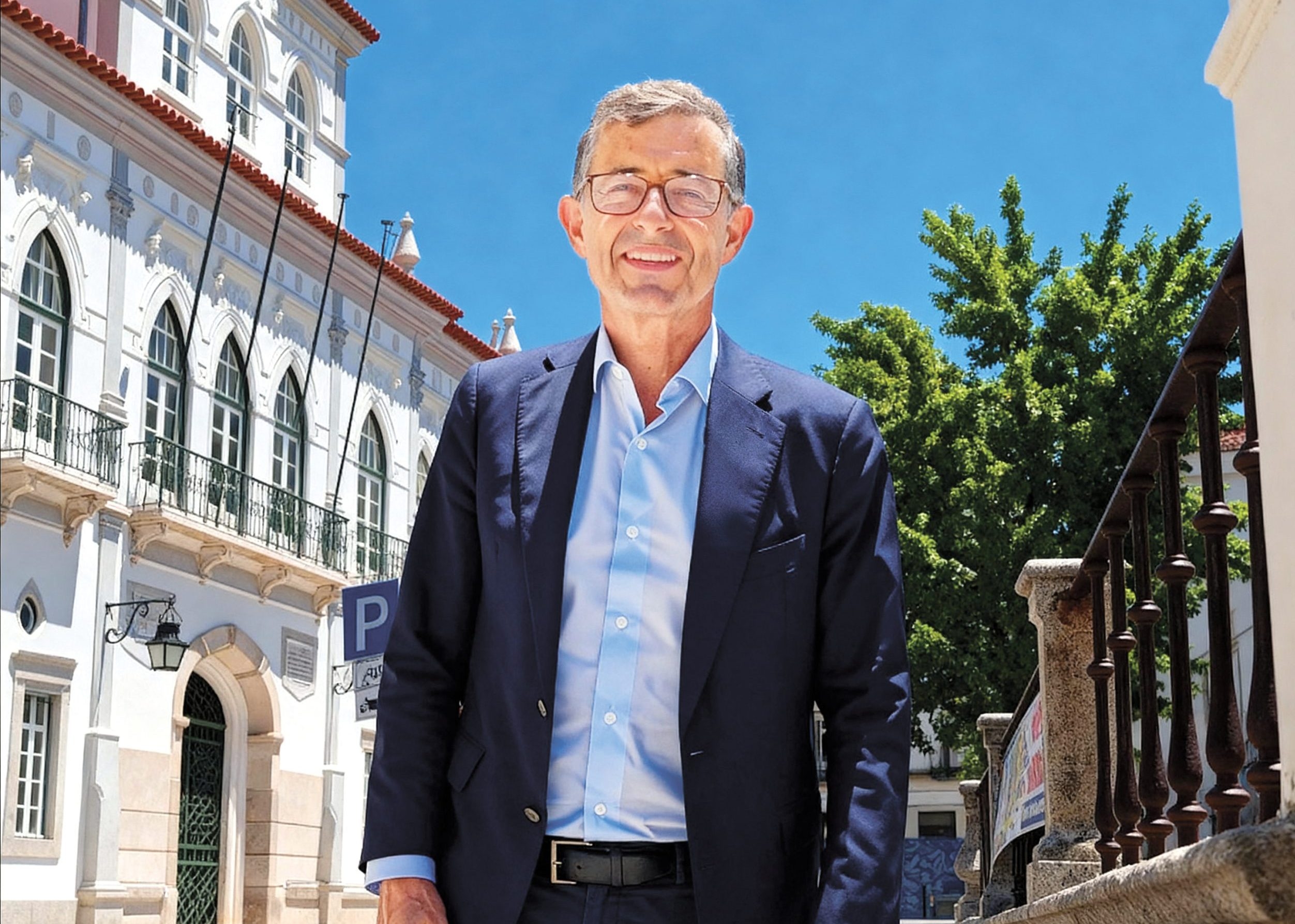Fewer students, more urgency.

Portugal needs to be a country proficient in science, education, and knowledge, with more highly qualified professionals and skills tailored to current and future demands. National and global challenges make this urgency evident, both in the classic areas of education, which are fundamental to society and the economy, and in emerging fields considered essential for the future.
Higher education is essential for developing talent, fostering creativity and entrepreneurship, and driving economic and social transformation. Only with universities and institutions that have robust and innovative systems can we aspire to cultivate critical minds, skilled hands, and responsible citizens.
However, at the very moment when we most need this engine of development, the system reveals clear signs of fragility. In the first phase of the 2025 National Higher Education Access Competition, only 79% of places were filled—the lowest figure since 2016. There were fewer applicants and fewer students placed, reflecting the perception that too many courses no longer meet the real needs of society and the market.
This trend should also be analyzed earlier, during the transition to secondary education, where study options decisively influence future paths and can often steer young people away from scientific and technological fields with greater employability potential. Vocational guidance and alignment between basic, secondary, and higher education can be essential to correct this imbalance. This is not a temporary deviation; it is a system that is out of sync. This scenario shows us a system with a lot of pressure and fewer students. A system that needs reform.
According to recent estimates, about a third of courses in Portugal had more than half of their places unfilled, while alternative initiatives such as Escola 42 registered 15,000 applications for only 550 places, evidence that young people are looking for new, more flexible, technological and market-oriented ways of learning. This shows us that the problem is also structural; there is a lack of models adapted to the needs of young people and the country.
The reality is that demand is concentrated in areas with higher employability, such as health, engineering, and technology, but the available positions are insufficient. Conversely, courses of low relevance persist, surviving only through inertia. Adding to this is the difficulty in attracting foreign students, where Portugal lags behind countries that have already invested in internationalization, digital programs, and reskilling initiatives with a direct impact on the job market.
Given this scenario, simply pointing out the problems is not enough. Concrete measures need to be taken.
Higher education should offer transformative experiences, such as integrated internships, real-world projects, international mobility, and innovation programs. Each student should be able to build at least three differentiating experiences—international, innovative, and with social impact—so that their time at university also serves as preparation for the real world.
Innovative pedagogical models, such as that of School 42, show that it is possible to learn through challenges, collaboration, and autonomy, developing transversal skills and critical thinking. These are experiences that the university system should observe and adapt, integrating flexibility and project-based learning without losing academic rigor.
At the same time, it is urgent to review training portfolios, merging or closing courses that are not in demand and reinforcing emerging areas such as artificial intelligence, digital health, biotechnology, or sustainability. This process must be carried out in dialogue with companies, public services, and local communities to ensure relevance and real impact.
Portugal has competitive advantages that could attract international students, but it loses them due to bureaucracy and a lack of affordable accommodation. It is urgent to simplify applications, create one-stop shops for visas and insurance, and offer bilingual programs in strategic areas. The goal must be to double the number of international students in five years. Furthermore, higher education also needs to be open to diverse audiences: professionals seeking to update their skills and new profiles looking for short courses and micro-credentials. This means recognizing lifelong learning and allowing flexible entry throughout the year to ensure the relevance and sustainability of the system.
And pedagogy itself must keep pace with these changes. Today's students seek practical and interactive experiences, with the integration of project-based learning methodologies and artificial intelligence to support teaching, transparent assessment , and continuous feedback . The 21st-century teacher is a guide for learning paths, not just a transmitter of content.
Finally, public and private investment in higher education needs to translate into concrete results: increased employability, innovation, and regional development. This implies clear program contracts, funding linked to performance targets, and the publication of accessible indicators. And whenever it makes sense, functional mergers and service sharing can increase scale and efficiency, allowing resources to be distributed to what is essential: better and more impactful training.
In this endeavor, it is crucial to recognize that public and private systems must work in a complementary way. Public education guarantees scale and a social mission, while private education offers agility, innovation, and international appeal. Together, they form a more complete and resilient system, capable of providing differentiated responses to the needs of society and the economy.
The technological revolution in education is irreversible, but it doesn't have to be destructive. The challenge is to integrate the best of digital and pedagogical innovation into a system that maintains rigor, quality, and social mission. The future of higher education is not built on more regulation, but on quality, diversity, and cooperation. With the courage to change.
* Egas Moniz School of Health and Science is a higher education institution with its headquarters and campus in Caparica (Almada) and a specialized unit in Sesimbra.
observador





